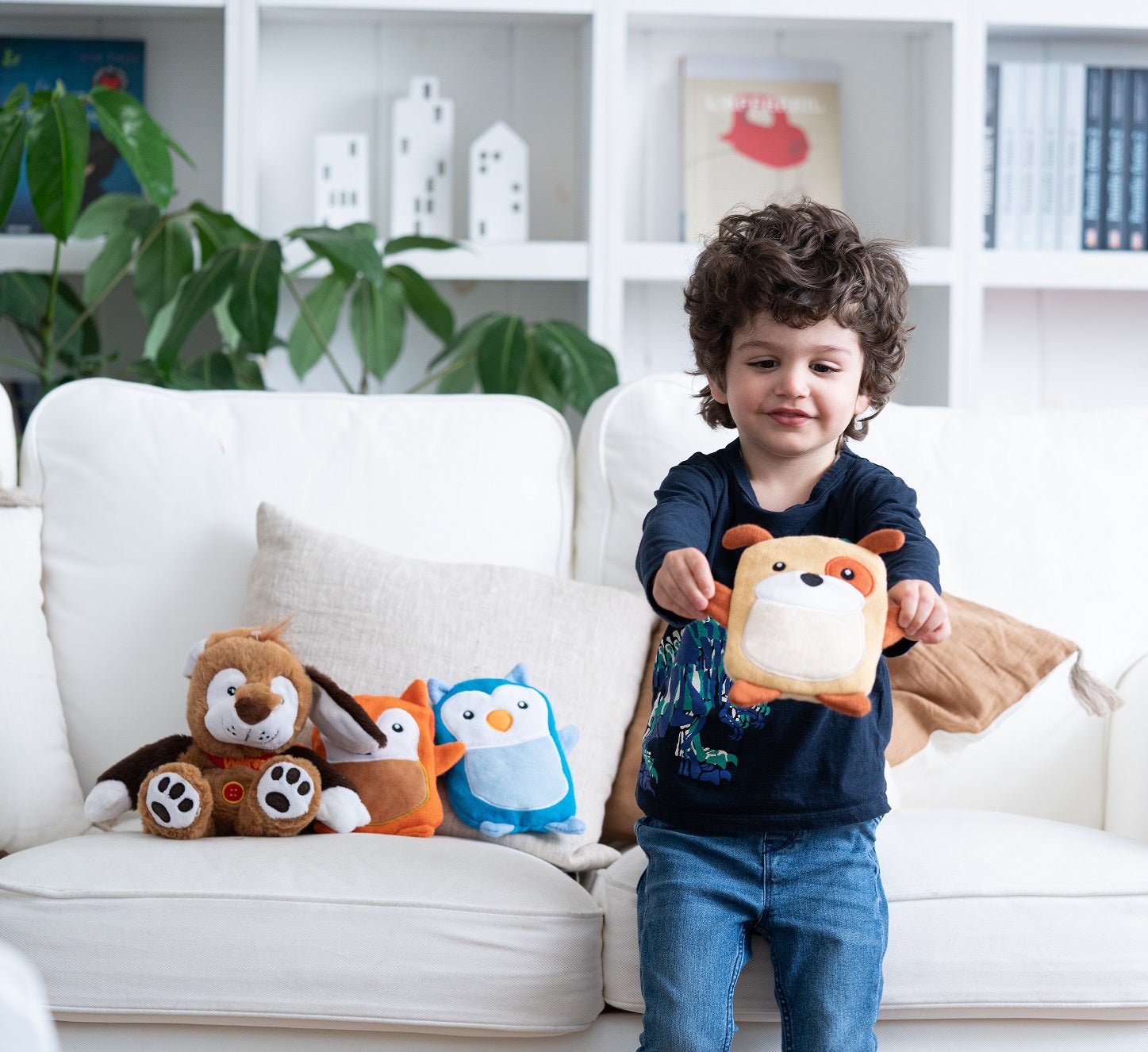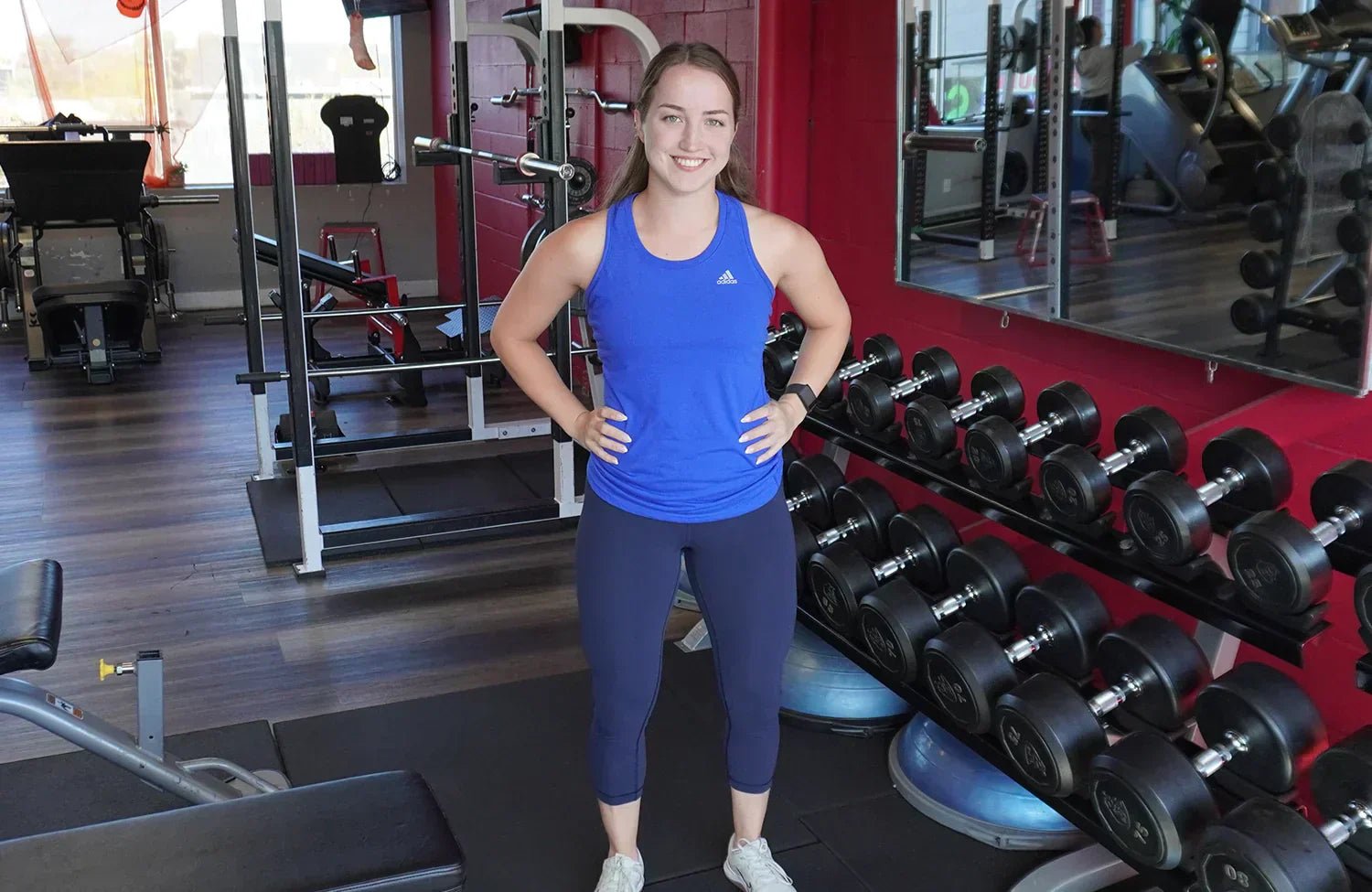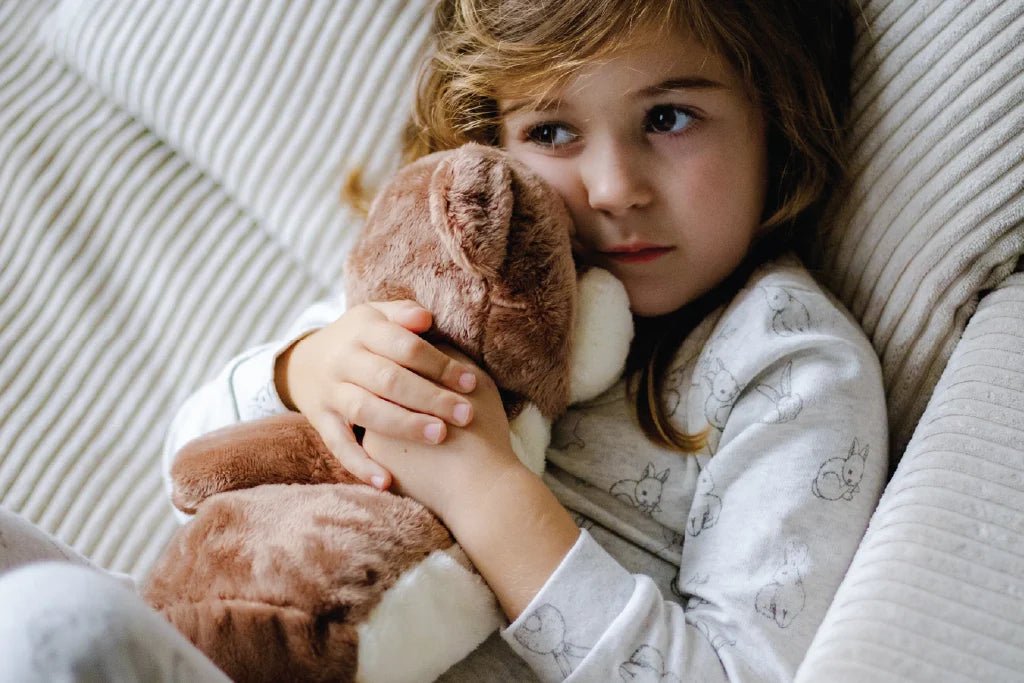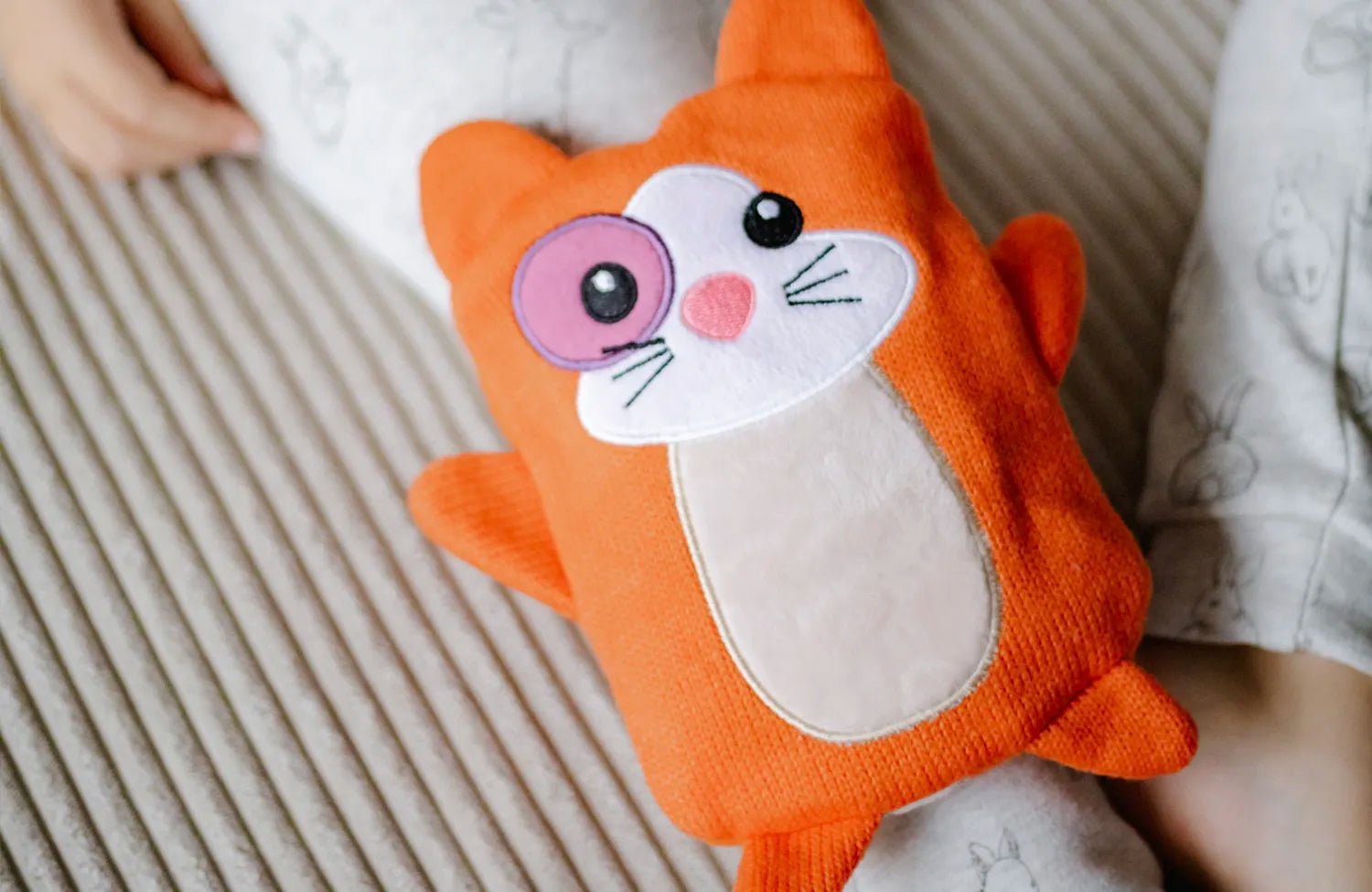
Back-to-School Anxiety in Children: Coping Tips
As summer winds down and the days slowly get shorter, we all must prepare for the often dreaded back-to-school. While many children and teens really look forward to getting back to the classroom and seeing their friends, others may experience anxiety. Anxiety over starting school again, or for the first time, is common. As the start of classes approaches, many youngsters may show a variety of anxiety-related symptoms and behaviour. Read on to discover some tips on how to cope with back-to-school anxiety and separation anxiety.
Back-to-school anxiety and separation anxiety are common
First, rest assured that anxiety and worries over heading back to the classroom, or starting school for the first time, are normal. Many children and teens experience this, especially kindergarteners and younger children who may be dealing with separation anxiety. Anxious children and teens may worry about a wide range of school-related issues. They may worry about their new teacher being mean, making friends, fitting in, or being away from their parents. While these worries are quite common, skipping school is not a solution. It is imperative to send the message that your children need to attend school. By allowing your child to miss school, you are reinforcing their fears and anxieties, which is counterproductive. Additionally, when children miss school they miss out on so many important things. On top of learning important skills like reading, writing, and math, school also provides opportunities to develop various life skills. It is a chance to forge friendships, practice social skills, discover new talents, and it provides opportunities for success and mastery.
As the start of school approaches, children may start showing signs of anxiety. These can manifest as physical symptoms, such as tummy aches or headaches. Or they may manifest as difficult behaviour: clinging, crying, temper tantrums, and so on. But don’t despair. As mentioned above, this is quite common. Here are a few tips to help you cope with your child’s back-to-school anxiety.
Communication is key
As with almost anything in life, communication is key. Ask your child how they feel about going back to school. But avoid leading questions like, “Are you feeling nervous?” Instead, try and pinpoint the specifics: “What are you nervous about?” “What do you think will happen?” This is a great opportunity to listen to your child. Sometimes, this type of conversation works well in an informal context. For example, when you are in the car, during dinner, or even bath time. For other children, sitting down with them and giving them your undivided attention may be more helpful. Either way, you should talk through the process and remain positive, all while validating their feelings.
Focus on problem solving and the positives to cope with back-to-school anxiety
Now that you know what is bothering your child, it is normal to want to reassure them. But instead, focus on problem solving. For example, you can ask your kids if their fears were to come true, what could they do? Discuss how they can react in situations that are anxiety-inducing. This will help them develop problem-solving skills and confidence.
Furthermore, you should focus on the positives. Ask them what they like about school. Or what they are most excited about? Sometimes because of excessive worrying they can lose sight of the great things school has to offer.
Practice socializing
If your child hasn’t seen their school friends over the summer, think about putting them back in touch before school starts. You can organize a few play dates leading up to the return to the classroom. According to Johns Hopkins Medicine, the “presence of a familiar peer during school transitions can improve children’s academic and emotional adjustments.”
Practice separation
Furthermore, if your child is experiencing separation anxiety, organizing fun play dates is an opportunity to spend time away from mom and dad. In fact, practicing separation can be quite helpful. Start small, such as encouraging them to play alone in their rooms. Then slowly build up tolerance for more independence. For example, you can leave them alone with a babysitter or caregiver for a few hours. Or drop them off at a friend’s house. Encouraging your children to become more independent may take time but it is worth the effort.
Get into a routine
Children, especially young ones, need routine. Getting back into the school routine a few weeks before school starts can be very beneficial. If your children have been going to bed later during the summer, gradually adjust their bedtimes. Start by sending them to bed 15 to 30 minutes earlier every day a few weeks before school starts. Similarly, they should get used to waking up earlier as well. Practise this until you reach a reasonable bed and wake time. A proper night of sleep and healthy eating are the basics for getting your kids back into a normal school routine. The sooner they adapt, the easier the transition back to school will be.
Treat physical symptoms
Surprisingly anxiety can take on physical forms and your child may complain about headaches or tummy aches. To relieve stress and anxiety you can try a guided meditation together. There are some great meditation apps that teach your kids breathing techniques and how to calm down. Or you can try stretching exercises and put a hot/cold compress such as a Magic Bag Warmy on the affected area. This will help soothe pains and ease tension.
A week before the big day
About a week before the big day, you can start getting into the routine and familiarizing your kids with their new school environment. For example, take a walk or drive to school to show them the route a few times. Explore the school yard and take a tour of the school. Most schools are open a few days before classes start as teachers are setting up and getting ready for the semester ahead. So, you will most likely be able to walk around, find their classroom, and maybe even meet their new teacher!
You should also get them involved in planning their school lunches for the first week and picking their outfits. Make it fun and exciting. The day before, get them to help pack their backpack. Now, they (and you) are all set for the big day.
On the big day
On their first day of school, prepare their favourite breakfast to make it more fun. If possible, have them walk to school with a friend. Remember having a familiar peer can be very reassuring. Moreover, if your child has separation anxiety make sure you tell their teacher. Most teachers have plenty of experience with these types of situations and will let you know when it is time to say goodbye. Don’t drag out the goodbye.
Most importantly, be sure to praise and reward your child for being brave!
When your child’s separation anxiety becomes a mental health concern
Usually, kids who experience separation anxiety just need time to adjust. If your child is having serious meltdowns even after a few weeks of school, or if they cannot stay in school for more than a few hours, a therapist may be able to help. The therapist will typically work with the family to devise a gradual separation plan. Teachers can also be consulted to help the child adjust better. Ultimately, if you feel like your child is having a really hard time coping, seeking the help of a professional can be a wise choice.
Going back to school can be quite anxiety-inducing at all ages. Helping your child cope with their anxiety can make the transition to back-to-school smoother. Communicating, helping them develop problem solving skills, practising and establishing a good routine are all helpful coping techniques. Your child’s mental health is also very important so make sure they are getting enough sleep and eating well. And if they are experiencing any physical symptoms such as tummy aches, help soothe the pain with a hot or cold compress like our Magic Bag Warmy.
Featured blog
- Choosing a selection results in a full page refresh.
!








